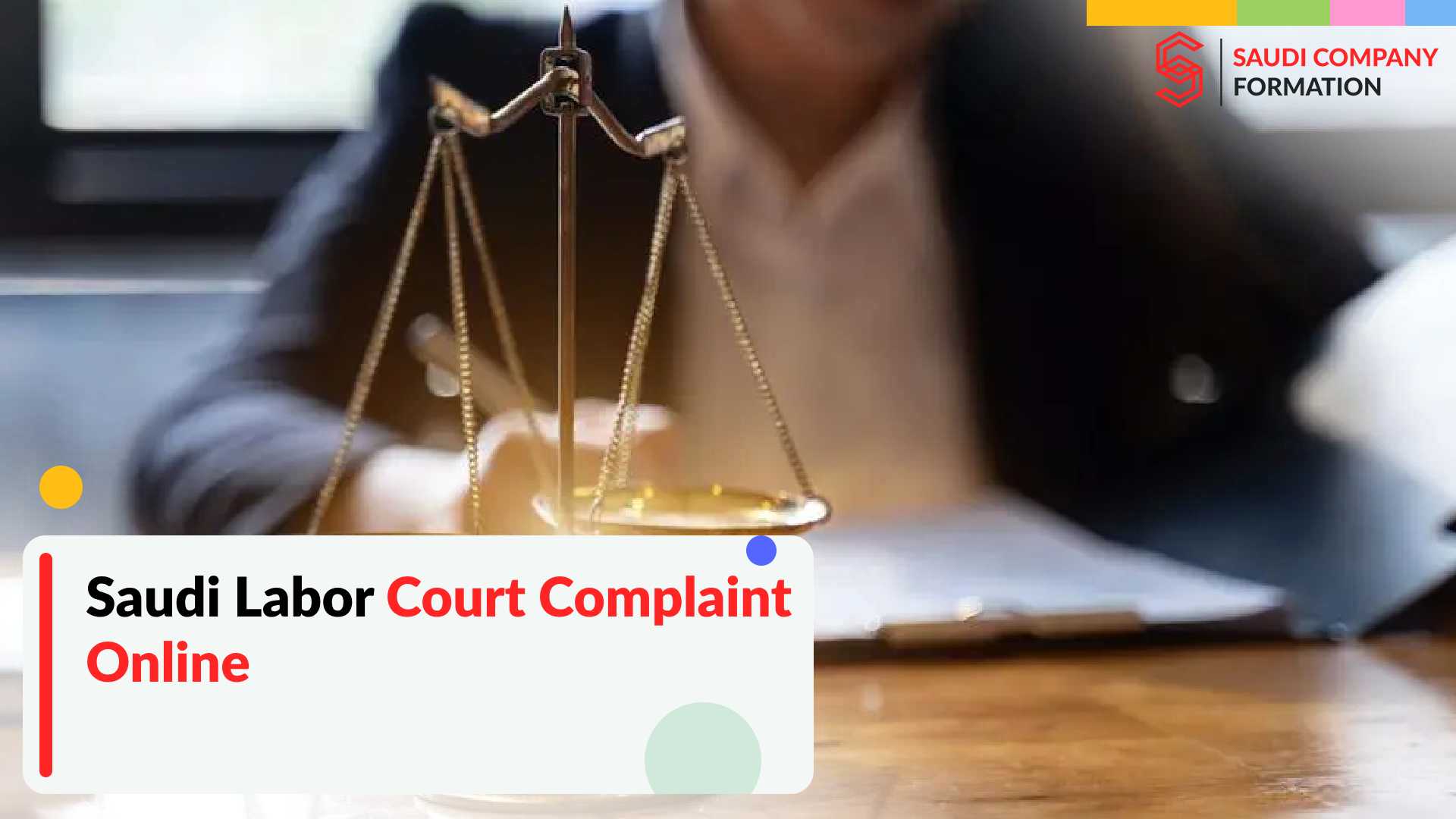If you are working in KSA, you may have heard of the Saudi labor law end of service benefits (ESB) that employers need to pay to their employees when their contract ends. But what are these benefits exactly, and how can you calculate them?
In this guide, we will answer these questions and more. All with basis on the Saudi labor law and the latest updates.
What is the end of service benefit (ESB)?
The Saudi labor law end of service benefits are a form of compensation that employers have to pay to their employees. This happens when their employment contract is done by different reasons. Such as, resignation, dismissal, retirement, death, or any other reason. The ESB are meant to reward the employees for their loyalty and service. Furthermore, the Saudi labor law for end of service helps them transition to a new job or life stage.
The Saudi labor law end of service specifies the eligibility criteria. Nonetheless, it states the calculation method, and the payment terms for these benefits. The Saudi labor law came to a change in 2023. This also applies if you are a foreigner working in the country with a visa and an iqama number.
Eligibility for End of Service Benefits
According to article 84 of the Saudi labor law, all employees who work under a contract of employment in Saudi Arabia are has a right to ESB. Regardless of their nationality, gender, or occupation. However, there are some exceptions and conditions that affect the eligibility and amount of ESB.
First, if the employee resigns within the first two years of employment, he or she does not have a right of any ESB. This is according to article 85 of the Saudi labor law. There it states that termination benefits are not payable to resigning employees who have not completed two years of service.
If the employee resigns after completing five years of service but less than 10 years, he or she has a right two-thirds of the ESB. If the employee resigns after completing 10 years of service or more, he or she has a right to the full Saudi labor law end of service.
Furthermore, if the employee is dismissed for a valid reason, such as misconduct, negligence, or breach of contract, he or she does not have a right to any ESB. However, if the employee came into dismission without a valid reason, he or she has a right to the full ESB plus compensation for arbitrary dismissal. The compensation is equal to 15 days’ wages for each year of service or two months’ wages, whichever is higher.
If the employee dies or becomes permanently disabled due to causes in relation to work, he or she (or his or her heirs) has a right to the full ESB plus a disability or death benefit from GOSI.
Finally, if the employee is a female who terminates her contract within six months of marriage or three months of childbirth, she has a right to the full ESB.
Calculate Your End of Service Benefits Now!
Now that you know who is eligible for ESB and who is not, you may wonder how much ESB you can expect to receive when your contract ends. The good news is that calculating your ESB is not very difficult. All you need is your basic salary and your length of service.
The basic salary is the amount that you receive every month as part of your contract. It does not include any commissions, bonuses or allowances. Also, it does not include other variable components that may change from month to month. The basic salary is the basis for calculating your ESB and other end of service benefits Saudi labor law. Such as GOSI contributions, annual leave and other advantages.
The length of service is the total number of years, months, and days. Basically, the time that you have been working for your employer under a contract of employment. It starts from the date of joining and ends on the date of termination. To do this you can use:
- Employment contract
- The pay slips you own
- Your GOSI statement to verify your length of service.
To calculate your Saudi labor law end of service benefits, you need to apply the following formula:
ESB = (Basic salary / 2) x (Number of years for the first five years) + (Basic salary x Number of years for the following years) + (Basic salary x Fraction of the last year)
If you want to save yourself of doing the math, you can use an online ESB calculator. This will estimate it in a matter of seconds. Just enter your basic salary and your length of service, and get your ESB instantly.
Taxation of End of Service Benefits
One of the advantages of Saudi labor law end of service is that it is tax-free. This means that you do not have to pay any income tax or zakat on your ESB. You can keep the full amount that you receive from your employer.
However, if you plan transferring your ESB to another country, you may have to pay fees in that country. This depends on the tax laws and regulations of the country where you want to send your money. Therefore, it is advisable to consult a tax expert or a financial advisor before making any international transfers.
Conclusion
The end of service benefits are an important part of your employment contract in Saudi Arabia. They are meant to reward your service. Furthermore, they help you transition to a new job or life stage. Therefore, it is important to understand how they work and how they come into calculation.
In this article, we have explained the eligibility criteria, the calculation method, and the taxation status of ESB in Saudi Arabia. If you have any questions or comments about Saudi labor law end of service or any other labor related topics in Saudi Arabia, please feel free to contact us. We will be happy to assist you.







